Discover Hi-Phi Nation
Hi-Phi Nation

Hi-Phi Nation
Author: Slate Podcasts
Subscribed: 5,573Played: 50,719Subscribe
Share
© Slate Magazine
Description
Hi-Phi Nation is philosophy in story-form, integrating narrative journalism with big ideas. We look at stories from everyday life, law, science, popular culture, and strange corners of human experiences that raise thought-provoking questions about things like justice, knowledge, the self, morality, and existence. We then seek answers with the help of academics and philosophers. The show is produced and hosted by Barry Lam of UC Riverside.
64 Episodes
Reverse
On this show we explore three different AI and machine-generated music technologies; vocal emulators that allow you to deep fake a singer or rapper’s voice, AI-generated compositions and text-to-music generators like Google Music LM and Open AI’s Jukebox, and musical improvisation technologies. We listen to the variety of music these technologies generate, and two guitarists face off against an AI in improvised guitar solos.
Along the way, we talk to philosophers of music Robin James and Theodore Gracyk about what musical creativity is and whether machines are more or less creative than human musicians, and Barry gives his take on each of the technologies and what they mean for the future of musical creativity.
Join Slate Plus to unlock full, ad-free access to Hi-Phi Nation and the rest of your favorite Slate podcasts. Subscribe directly from the Hi-Phi Nation show page on Apple Podcasts or Spotify. Or, visit slate.com/hiphiplus to get access wherever you listen.
Learn more about your ad choices. Visit megaphone.fm/adchoices
Curtis is setting aside a large chunk of money to donate to charity, and it is up to us to persuade him where he should donate it. Luckily, philosophers, economists, and the nonprofit world have been thinking a lot about this issue in recent years. On this episode, effective altruism’s defenders and critics try to persuade Curtis of where he should donate. Who is the most effective in persuading an ordinary person as to the right way to donate to charity? And do the recent scandals involving effective altruism’s biggest donor implicate its philosophical foundations?
We start with arguments that you should always try to save the most lives possible, no matter where they are on the planet. We then hear a critic of that view, who argues that local giving can also be a good. We then turn to the view that we should save humans from extinction from threats like pandemics, nuclear war, and AI takeover. And finally, we hear from a critic of that view, who says we should not blow future risks out of proportion.
Guests include philosophers Richard Yetter-Chappell (Miami), Savannah Pearlman (Indiana), Shakeel Hashim (Center for Effective Altruism), and Seth Lazar (Australia National University).
Join Slate Plus to unlock full, ad-free access to Hi-Phi Nation and the rest of your favorite Slate podcasts. Subscribe directly from the Hi-Phi Nation show page on Apple Podcasts or Spotify. Or, visit slate.com/hiphiplus to get access wherever you listen.
Learn more about your ad choices. Visit megaphone.fm/adchoices
Willy and Heidi were both gig workers for Shipt, the fast-delivery app for groceries or same-day shopping. In 2020, they both realised: the pay algorithm had changed. Now, they couldn’t tell what a job would pay, or whether it would earn or lose them money. Instead of just taking it, they decided to fight back.
In the gig economy, companies like Shipt, Instacart, and UberEats all use black box pay algorithms to try and get workers to accept gigs but hide information from them to do so. Early in the pandemic, a rag tag group of gig workers tried to resist, and found someone at MIT to help them.
Host Barry Lam talks to them about the steps they took, and political philosopher Daniel Halliday (University of Melbourne) talks about the differences between wage labor and freelance labor and why he thinks the biggest gig economy companies are morally suspect. Then, we talk the future of regulation and worker-owned apps and delivery platforms.
Guests include Drew Ambrogi (coworker.org), Dan Calacci (MIT). This is an in-depth, longform version of a story originally done for WNYC studio’s Radiolab in their Gigaverse episode.
Join Slate Plus to unlock full, ad-free access to Hi-Phi Nation and the rest of your favorite Slate podcasts. Subscribe directly from the Hi-Phi Nation show page on Apple Podcasts or Spotify. Or, visit slate.com/hiphiplus to get access wherever you listen.
Learn more about your ad choices. Visit megaphone.fm/adchoices
We explore the lives of people who are in love with their AI chatbots. Replika is a chatbot designed to adapt to the emotional needs of its users. It is a good enough surrogate for human interaction that many people have decided that it can fulfill their romantic needs. The question is whether these kinds of romantic attachments are real, illusory, or good for the people involved. Apps like Replika represent the future of love and sex for a subpopulation of people, so we discuss the ethics of the practice.
Host Barry Lam talks to philosophers Ellie Anderson and David Pena-Guzman of the Overthink podcast about what theories of love would say about these kinds of relationships. AI lovers include Alex Stokes and Rosanna Ramos. Original scoring by Aaron Morgan.
Join Slate Plus to unlock full, ad-free access to Hi-Phi Nation and the rest of your favorite Slate podcasts. Subscribe directly from the Hi-Phi Nation show page on Apple Podcasts or Spotify. Or, visit slate.com/hiphiplus to get access wherever you listen.
Learn more about your ad choices. Visit megaphone.fm/adchoices
A zoopolis is a future society that philosophers envision where wild, domesticated, and denizen animals have full political and legal rights. What would that look like? In this episode, we look at how animals were put on trial in medieval European courts, and how animal rights advocates are bringing animals back into the courtrooms to sue people and the US government.
We then look at what the science of animal minds tells us about how much agency animals have, and envision what political and legal rights various animals would have in a zoopolis. From there, we discuss and debate whether we should be allowed to farm animals, control their reproduction, and have them work for us.
Co-produced with Alec Opperman, guests include historian Gabriel Rosenberg, attorney Monica Miller, and animal minds researcher Professor Kristin Andrews.
Join Slate Plus to unlock full, ad-free access to Hi-Phi Nation and the rest of your favorite Slate podcasts. Subscribe directly from the Hi-Phi Nation show page on Apple Podcasts or Spotify. Or, visit slate.com/hiphiplus to get access wherever you listen.
Learn more about your ad choices. Visit megaphone.fm/adchoices
When Justin’s mom was diagnosed with cancer, he knew he wanted to keep talking to her after she died. So together they made an AI version of her, training it on her speech patterns and memories. Now he is scaling his findings so that anyone can continue their relationships with loved ones after their deaths. Justin even believes this can one day lead to digital immortality.
Grief experts are only now dealing with bereaved people who create digital versions of their loved ones. We look at what they say about the phenomenon, and what philosophers think about whether the best AI version of a person can actually be them.
Co-produced with Alexandra Salmon, guests include Justin Harrison, CEO of You, Only Virtual, Dr. Mary-Frances O’Connor, and Dr. Debra Bassett.
Join Slate Plus to unlock full, ad-free access to Hi-Phi Nation and the rest of your favorite Slate podcasts. Subscribe directly from the Hi-Phi Nation show page on Apple Podcasts or Spotify. Or, visit slate.com/hiphiplus to get access wherever you listen.
Learn more about your ad choices. Visit megaphone.fm/adchoices
Coming April 11, 2023, Season 6 of Hi-Phi Nation will look at the future; of work, of love and sex, life and death, our relationship with animals, creativity in music, and philanthropy. Stories include people trying to create digital avatars of dead loved ones, people in exclusive relationships with AI chatbots, animals who are seeking legal protection in courts, the gig economy, AI music, and effective altruism. The episodes will draw out the most interesting moral and philosophical issues from the current path of artificial intelligence technology, data science, and cultural and legal trends.
Join Slate Plus to unlock full, ad-free access to Hi-Phi Nation and the rest of your favorite Slate podcasts. Subscribe directly from the Hi-Phi Nation show page on Apple Podcasts or Spotify. Or, visit slate.com/hiphiplus to get access wherever you listen.
Learn more about your ad choices. Visit megaphone.fm/adchoices
In our final episode on monsters, we investigate why people who eat people are the funkiest people in the afterlife. We talk to a man who has actually eaten parts of other people, many times, about why he thinks consuming human flesh should be normalized. We then consider the age-old question of how God is supposed to resurrect a cannibal and all of his victims when most of the flesh of the victims would also be a part of the cannibal. Some of the best minds in Western philosophy and Christian theology thought about this question, including Leibniz, Aquinas, and Augustine.
Co-hosted by Christina van Dyke, featuring artist and cannibal Rick Gibson and philosopher Dean Zimmerman.
Join Slate Plus to unlock full, ad-free access to Hi-Phi Nation and the rest of your favorite Slate podcasts. Subscribe directly from the Hi-Phi Nation show page on Apple Podcasts or Spotify. Or, visit slate.com/hiphiplus to get access wherever you listen.
Learn more about your ad choices. Visit megaphone.fm/adchoices
The second in a three-part series on monsters in philosophy. We trace the cultural history of zombies from voodoo folklore, George Romero films, and the zombies used in philosophical thought experiments. Folklore, film and philosophy seem to converge on the idea that consciousness above all else is what a creature needs to have to be worthy of moral concern, something a zombie lacks. But we have no idea when something crosses over from being a zombie to being conscious, particularly current AI systems. What happens then?
Guest speakers are Christina van Dyke (Columbia), David Chalmers (NYU), and John Edgar Browning (Savannah College of Art and Design), and Eric Schwitzgebel (UC Riverside).
Join Slate Plus to unlock full, ad-free access to Hi-Phi Nation and the rest of your favorite Slate podcasts. Subscribe directly from the Hi-Phi Nation show page on Apple Podcasts or Spotify. Or, visit slate.com/hiphiplus to get access wherever you listen.
Learn more about your ad choices. Visit megaphone.fm/adchoices
The first in a three-part series on monsters in philosophy. We trace the cultural history of vampires from Eastern European folklore to Twilight, and even look at the practices of real vampires, people who seek out and consume blood or psychic energy. The vampire went from demon to attractive monster in the course of a few centuries and raises a deep question for us about how different we can be, the limits of human imagination, and whether we can ever reasonably choose to have a transformative experience.
Guest speakers include Christina van Dyke (Columbia), Laurie Paul (Yale), and John Edgar Browning (Savannah College of Art and Design).
Join Slate Plus to unlock full, ad-free access to Hi-Phi Nation and the rest of your favorite Slate podcasts. Subscribe directly from the Hi-Phi Nation show page on Apple Podcasts or Spotify. Or, visit slate.com/hiphiplus to get access wherever you listen.
Learn more about your ad choices. Visit megaphone.fm/adchoices
When tragedy strikes an individual, a nation, or an entire people, artists and architects are tasked with designing a public display that memorializes the event and its victims. But how do you do that? In this episode, art historian and podcaster Tamar Avishai examines the Denkmal Memorial to the Murdered Jews of Europe in Berlin, the Vietnam War Memorial in DC, and others to look at how respecting and remembering loss collides with the demands of history and politics. We look at why abstract rather than representational memorials resonate better with people in recent years, and whether memorials, no matter how well done, might lose their impact after a single generation.
Guest voices include Karen Krolak, James Young, and Michael Hays.
Listen to Tamar Avishai on The Lonely Palette podcast
Better Help-betterhelp.com/nation. Get 10% of your first month by clicking through on the link.
Scribd- try.scribd.com/hiphi
Join Slate Plus to unlock full, ad-free access to Hi-Phi Nation and the rest of your favorite Slate podcasts. Subscribe directly from the Hi-Phi Nation show page on Apple Podcasts or Spotify. Or, visit slate.com/hiphiplus to get access wherever you listen.
Are you a philosopher interested in a summer seminar on God and Time at Rutgers University? Apply at godandtime.rutgers.edu.
Learn more about your ad choices. Visit megaphone.fm/adchoices
The first two gene-edited species meant to be introduced into the wild are currently in their final stages of approval, with trials already underway for the Oxitec mosquito, and the ESF American Chestnut. In this episode, we examine what these gene-edited species are, what they do, and how they are the beginnings of bio-engineering in the era of massive anthropocentric ecological change. We then look at the ethics of bioengineered wild species and whether they can be the solution to an imminent era of mass extinction.
Guest voices include Chairman of the Florida Mosquito Control District Phil Goodman, ESF scientist Andrew Newhouse, and philosophers Evelyn Brister (RIT) and Ron Sandler (Northeastern).
Join Slate Plus to unlock full, ad-free access to Hi-Phi Nation and the rest of your favorite Slate podcasts. Subscribe directly from the Hi-Phi Nation show page on Apple Podcasts or Spotify. Or, visit slate.com/hiphiplus to get access wherever you listen.
This episode sponsored by betterhelp.com/nation. Get 10% of your first month by clicking through on the link.
Are you a philosopher interested in a summer seminar on God and Time at Rutgers University? Apply at godandtime.rutgers.edu.
Learn more about your ad choices. Visit megaphone.fm/adchoices
Barry invites Willa Paskin of Slate's Decoder Ring podcast to talk about their recent episode, The Alberta Rat War, as a set up to next week's Hi-Phi Nation episode on genetic engineering. We then proceed to that episode.
Rats live wherever people live, with one exception: the Canadian province of Alberta. A rat sighting in Alberta is a major event that mobilizes the local government to identify and eliminate any hint of infestation. Rat sightings makes the local news. Alberta prides itself on being the world’s sole rat-free territory, but in order to achieve this feat, it had to go to war with the rat. On this episode of Decoder Ring, we recount the story of how Alberta won this war, through accidents of history and geography, advances in poison technology, interventionist government policy, mass education programs, rat patrols, killing zones, and more. The explanation tells us a lot about rats and a lot about humans, two species that are more alike than we like to think.
Some of the voices you’ll hear in this episode include Karen Wickerson, rat and pest program specialist with Alberta Agriculture and Forestry; Robert Sullivan, author of Rats: Observations on the History & Habitat of the City’s Most Unwanted Inhabitants; Phil Merrill, former rat and pest specialist; George Colpitts, historian at the University of Calgary; and John Bourne, former manager of Alberta’s rat control program.
Decoder Ring is a podcast about cracking cultural mysteries. Every episode, host Willa Paskin takes on a cultural question, object, idea, or habit and speaks with experts, historians, and obsessives to try and figure out where it comes from, what it means, and why it matters.
Join Slate Plus to unlock full, ad-free access to Hi-Phi Nation and the rest of your favorite Slate podcasts. Subscribe directly from the Hi-Phi Nation show page on Apple Podcasts or Spotify. Or, visit slate.com/hiphiplus to get access wherever you listen.
Learn more about your ad choices. Visit megaphone.fm/adchoices
Penny Lane gave up months of wages and weeks of her life to have her kidney cut out and given to someone she never knew, and who may never thank her. She is one of about 200 people in the US a year who give up a kidney altruistically. What motivates someone to do that? Evolutionary psychologist Michael McCullough believes that not only is there true altruism amongst the human species, but that it is a unique trait, an emerging and spreading trait, and it is selected for by evolution, even out-competing the more familiar traits of selfishness that drive evolution in other species. And the trait is responsible for moral progress in the world. Barry is skeptical, and calls friend of the show Kieran Setiya to talk him out of his skepticism, only to discover that, in many ways, humans are even worse than he thought. We may have evolved to demand altruism from others, but not be altruistic ourselves.
This episode brought you by Scribd and Inkl. Get an enormous library of books, magazines, podcasts, and audiobooks. Try Scribd for 60 days free. try.scribd.com/hiphi
Unlock reliable news sources from their paywalled sites, The Economist, The Atlantic, Bloomberg, and 100 more, a $12,000 annual value for just $75 the first year. Go to inkl.com/philosophy to get this deal.
God and the Space-time Manifold is a summer seminar at Rutgers Center for the Philosophy of Religion June 13-24th, 2022. Twelve philosophers will lead discussions about God and the philosophy of time. They are looking for applicants. All professional philosophers and graduate students qualify.
Join Slate Plus to unlock full, ad-free access to Hi-Phi Nation and the rest of your favorite Slate podcasts. Subscribe directly from the Hi-Phi Nation show page on Apple Podcasts or Spotify. Or, visit slate.com/hiphiplus to get access wherever you listen.
Learn more about your ad choices. Visit megaphone.fm/adchoices
David Lewis steps off a plane from Australia in 2000 and falls seriously ill. In the final year of his life, he decides to take on Christianity, but does not live long enough to write a paper, leaving only his notes. His longtime friend Philip Kitcher turns the notes into Lewis' final piece on the evil of the Christian God. In our final episode of the series, we look at the philosophy of religion and examine the lasting legacy of David Lewis.
Guest voices include Steffi Lewis, Ellen Lewis, Donald Lewis, Alan Hajek, John Bigelow, Frank Jackson, Anthony Fischer, Helen Beebe, and Meghan Sullivan. The remaining episodes of Season 5 will be released bi-weekly from here on out.
Join Slate Plus to unlock full, ad-free access to Hi-Phi Nation and the rest of your favorite Slate podcasts. Subscribe directly from the Hi-Phi Nation show page on Apple Podcasts or Spotify. Or, visit slate.com/hiphiplus to get access wherever you listen.
Learn more about your ad choices. Visit megaphone.fm/adchoices
In 1968, David Lewis decides that one truth can unify every theory he's had about the nature of the universe. It is the truth that every possible world is equally real. Lewis not only argues for this view, but devises a distinctive way of arguing for it, a method of doing philosophy that is as influential as his views. Meanwhile, a soon-to-be colleague and rival, Saul Kripke, reads Lewis' paper and fires off eight objections, and on the other side of the world, an entire continent becomes enamored with the life and works of David Kellogg Lewis, an admiration that survives to this day. Guest voices include Frank Jackson, Alan Hajek, John Bigelow, Helen Beebe, Anthony Fischer, Peter Anstey, and David Lewis.
This episode brought to you by Betterhelp, online therapy and counseling. Get 10% of your first month and support this show by going to betterhelp.com/nation/
This episode is brought you by Scribd, for ebooks, sheet music, podcasts, and magazines. Get a free 60-trial to the entire library at https://try.scribd.com/hiphi
Join Slate Plus to unlock full, ad-free access to Hi-Phi Nation and the rest of your favorite Slate podcasts. Subscribe directly from the Hi-Phi Nation show page on Apple Podcasts or Spotify. Or, visit slate.com/hiphiplus to get access wherever you listen.
Learn more about your ad choices. Visit megaphone.fm/adchoices
What was David Lewis like as a person? The consensus is that he did not know how to converse. At Swarthmore, David Lewis discovers he has a knack for philosophy and none at all with women, leading to a lifelong examination of the norms for conversation. By the time he reaches Harvard, he is ready to meet the love of his life, but almost fails out of the program in the process. By the end of his Harvard days, an entire continent on the other side of the Earth is abuzz about a rising star.
Guest voices include Steffi Lewis, Alan Hajek, Lise Menn, Frank Jackson, and John Bigelow.
This episode brought to you by Betterhelp, online therapy and counseling. Get 10% of your first month and support this show by going to betterhelp.com/nation/
Join Slate Plus to unlock full, ad-free access to Hi-Phi Nation and the rest of your favorite Slate podcasts. Subscribe directly from the Hi-Phi Nation show page on Apple Podcasts or Spotify. Or, visit slate.com/hiphiplus to get access wherever you listen.
Learn more about your ad choices. Visit megaphone.fm/adchoices
David Lewis was one of the greatest minds of the 20th century, who few outside of academia know much about. By the time of his death in 2001, he was the greatest systematic thinker in metaphysics since the Enlightenment. In Part 1 of a four-part series, we follow his journey from sick little boy in Oberlin, Ohio to teenager learning about free will from Iris Murdoch. We accompany the story of his early life with his theory of time, time travel, and the self.
Guest voices include R. Jay Wallace, Mark Schroeder, Steffi Lewis, Donald Lewis, Ellen Lewis, Alan Hajek, John Bigelow, and Meghan Sullivan.
Join Slate Plus to unlock full, ad-free access to Hi-Phi Nation and the rest of your favorite Slate podcasts. Subscribe directly from the Hi-Phi Nation show page on Apple Podcasts or Spotify. Or, visit slate.com/hiphiplus to get access wherever you listen.
Learn more about your ad choices. Visit megaphone.fm/adchoices
Barry updates listeners on what to expect in Season 5 of the show, currently in production. In the meantime, he introduces you to Into the Zone, a Pushkin podcast by writer Hari Kunzru. This episode is about the time Hari was in philosophy graduate school in the 90s and attended an early conference about cyberculture that leads him to visit philosopher Manuel DeLanda. Subscribe to Into the Zone on Apple podcasts, or wherever you get your podcasts.
Join Slate Plus to unlock full, ad-free access to Hi-Phi Nation and the rest of your favorite Slate podcasts. Subscribe directly from the Hi-Phi Nation show page on Apple Podcasts or Spotify. Or, visit slate.com/hiphiplus to get access wherever you listen.
Learn more about your ad choices. Visit megaphone.fm/adchoices
A woman spends 40 years in and out of prison for shoplifting and finally gets a break from a judge in her late 50s. She uses the opportunity to abolish a jail and transform her city. This week we look at prison abolition and the arguments for eliminating all punishment from the system. From the denial that we have free will, to the view that perpetuating injustice disqualifies the state from punishing, we look at whether any of us have the right to punish anyone else, and question the very purpose of the criminal justice system.
Guest voices include Marilynn Winn, Gregg Caruso, Michael S. Moore, Erin Kelly, and Kimberly Kessler Ferzan.
In the Slate Plus bonus episode, Barry speaks to Kimberly Kessler Ferzan about separating the criminal justice system into two distinct institutions, one dedicated to retributive punishment, and one dedicated to crime prevention. Why should there be two systems and what would be involved in separating them?
Join Slate Plus to unlock full, ad-free access to Hi-Phi Nation and the rest of your favorite Slate podcasts. Subscribe directly from the Hi-Phi Nation show page on Apple Podcasts or Spotify. Or, visit slate.com/hiphiplus to get access wherever you listen.
Learn more about your ad choices. Visit megaphone.fm/adchoices


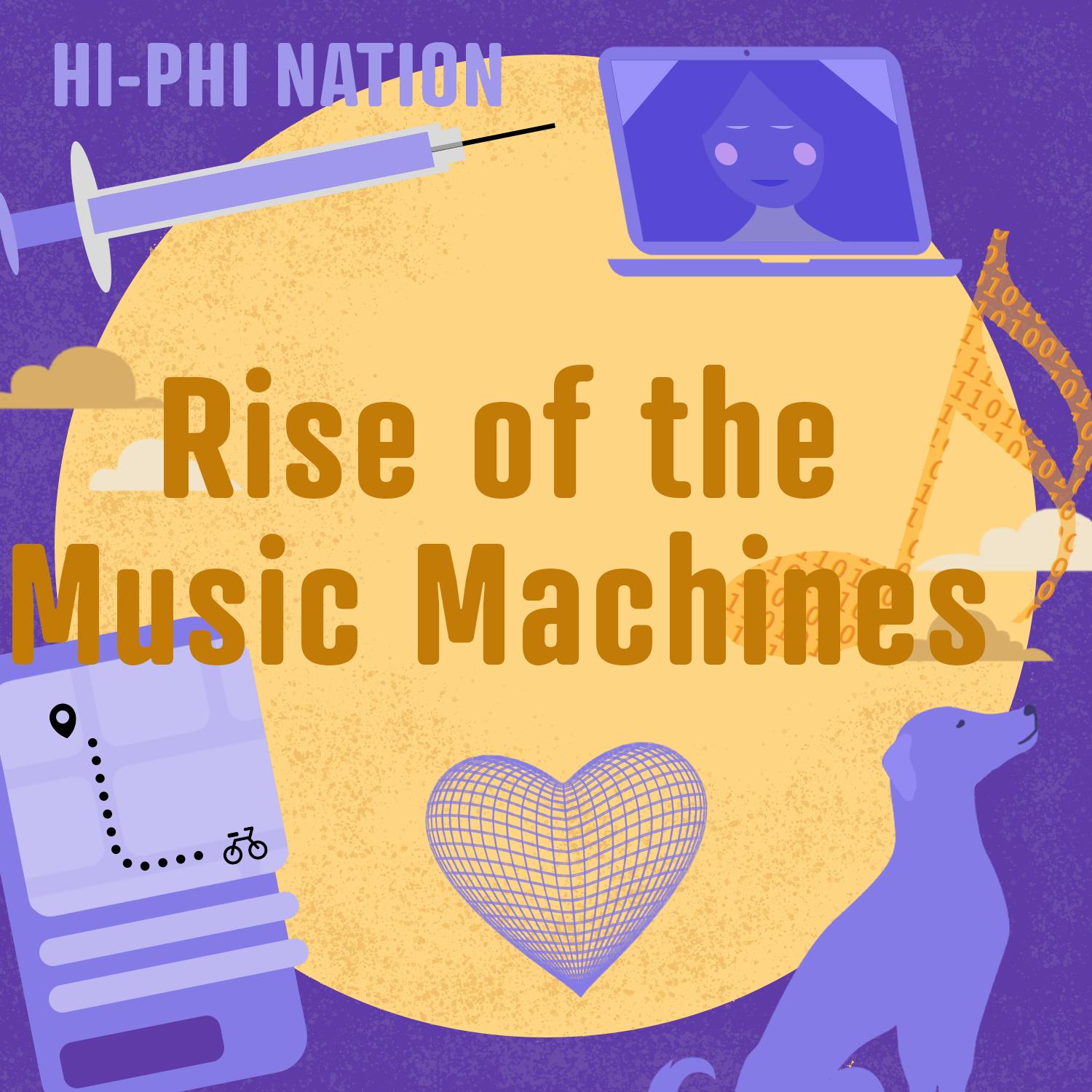
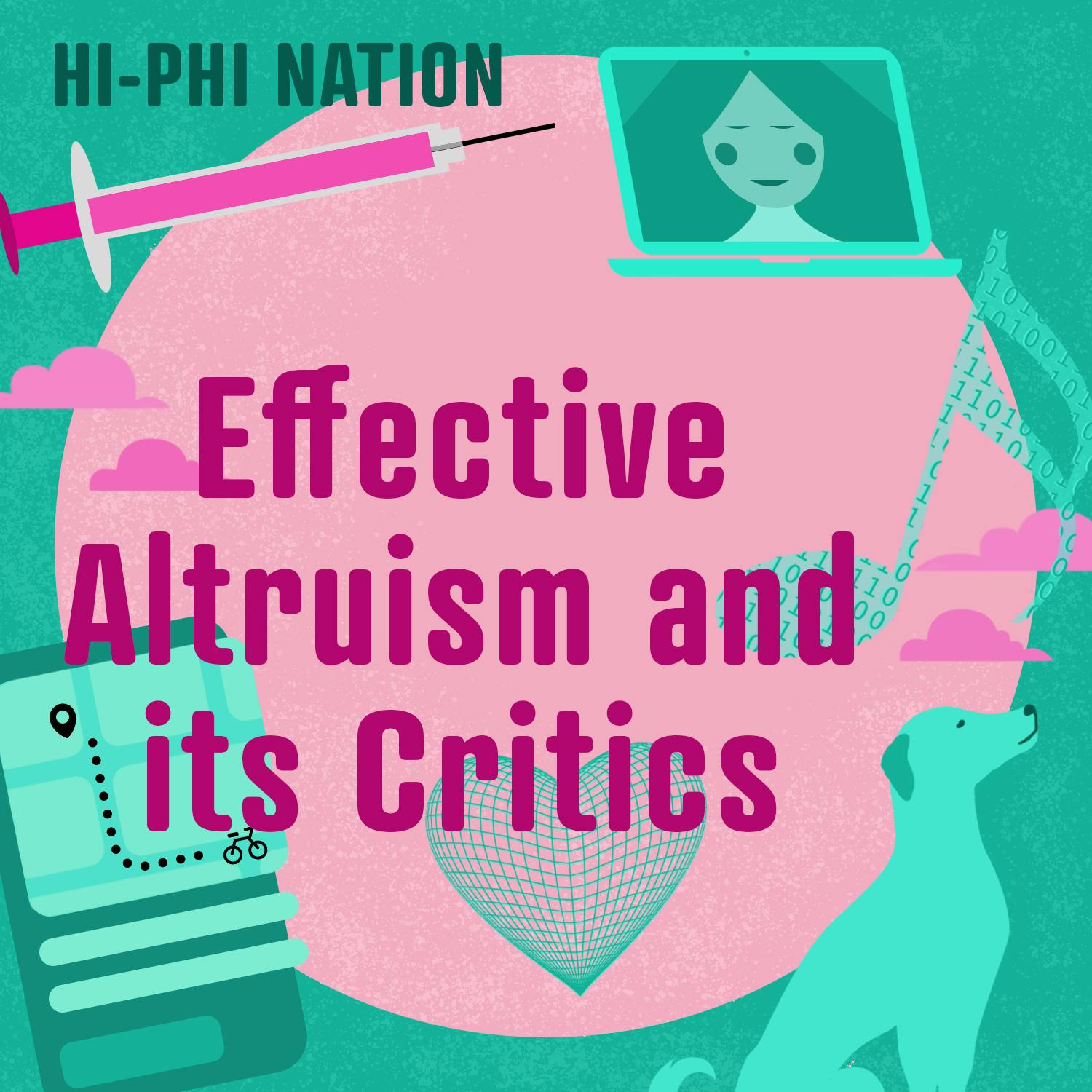
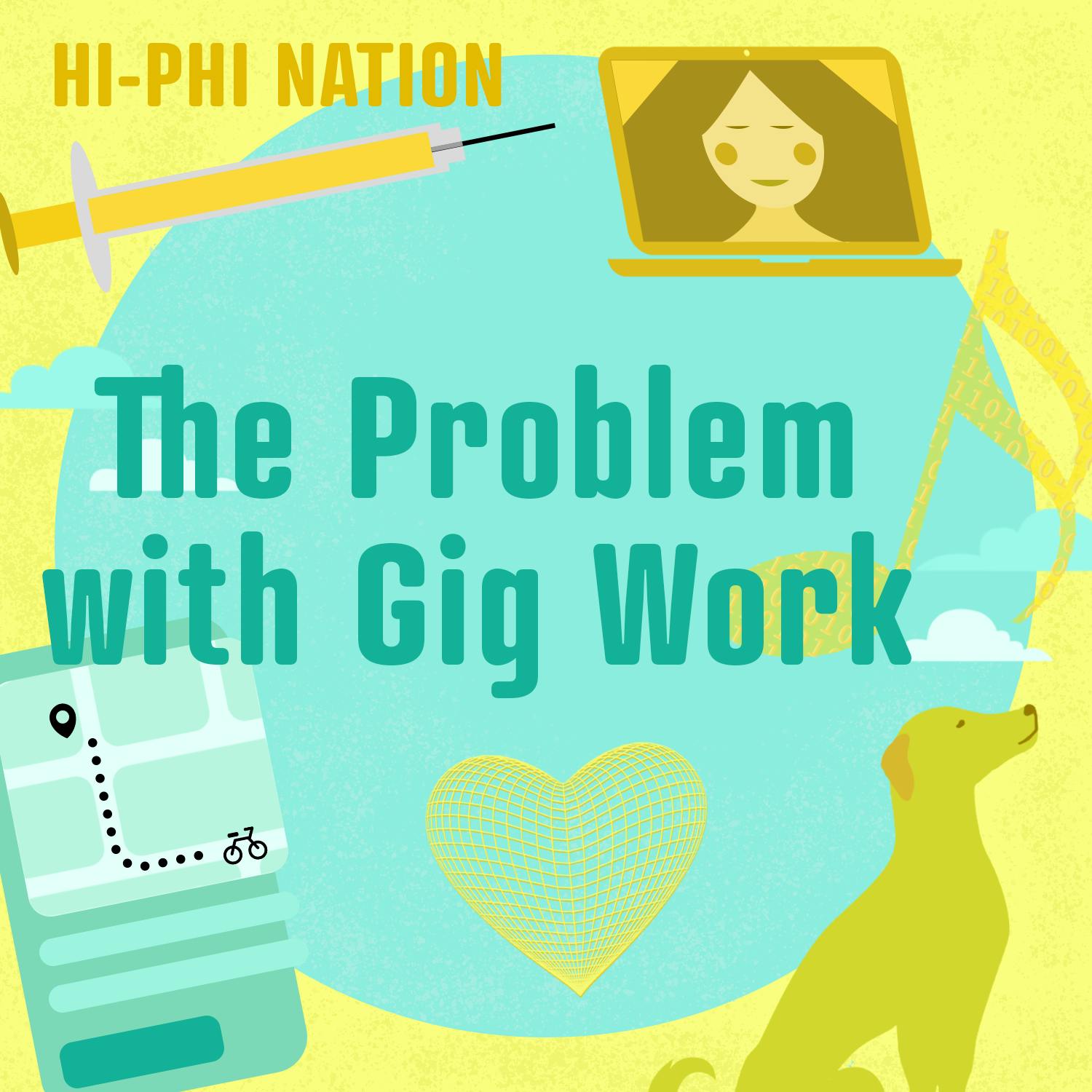
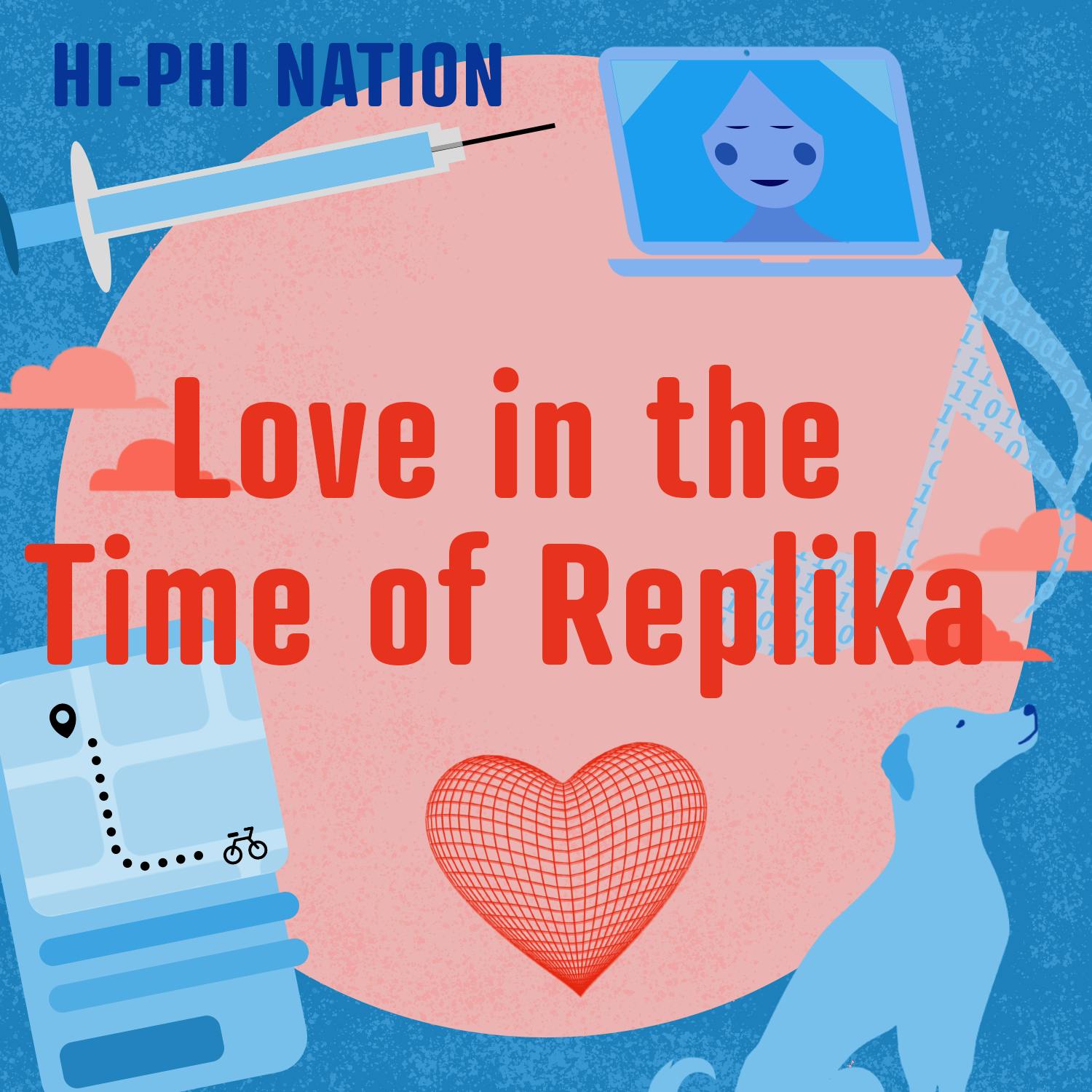
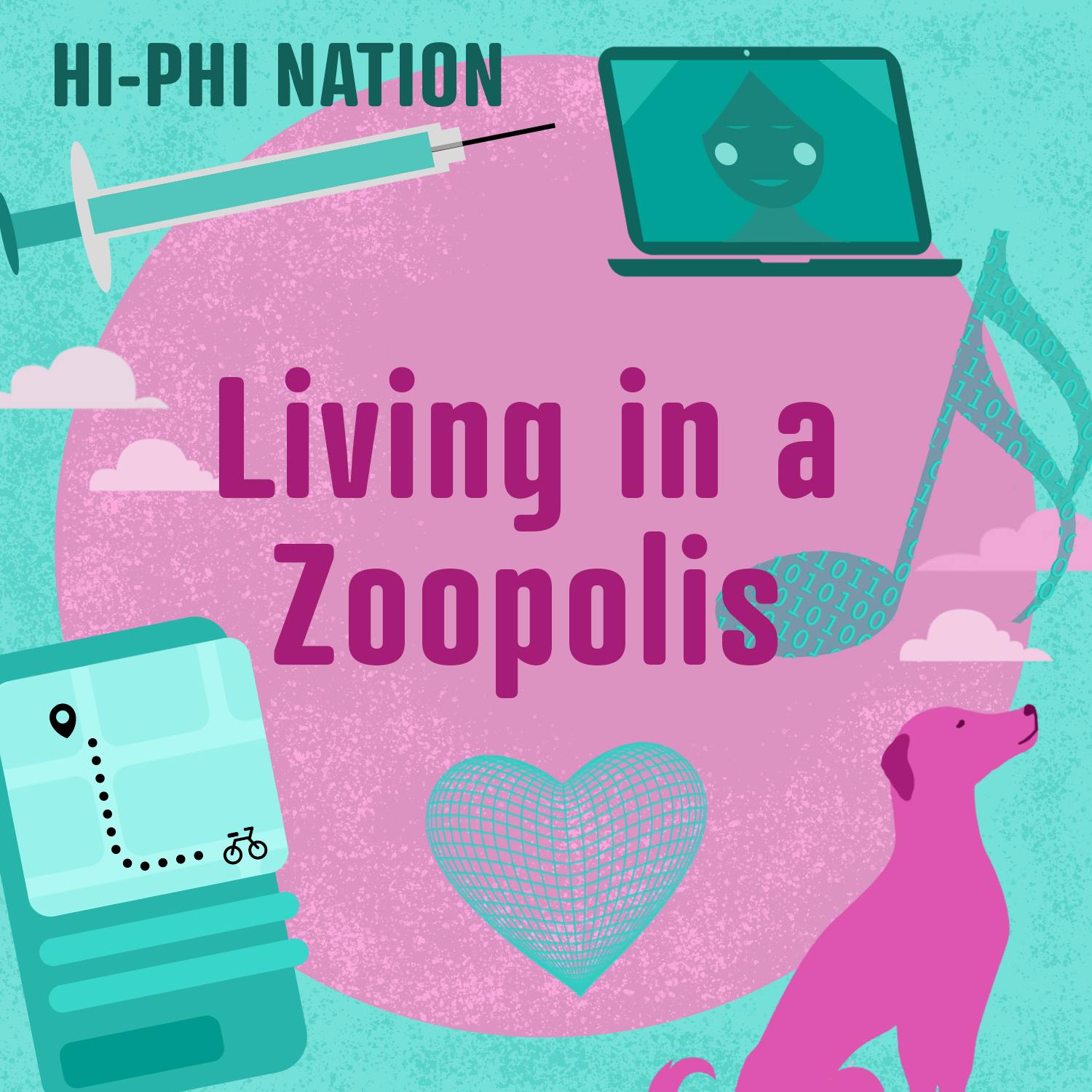
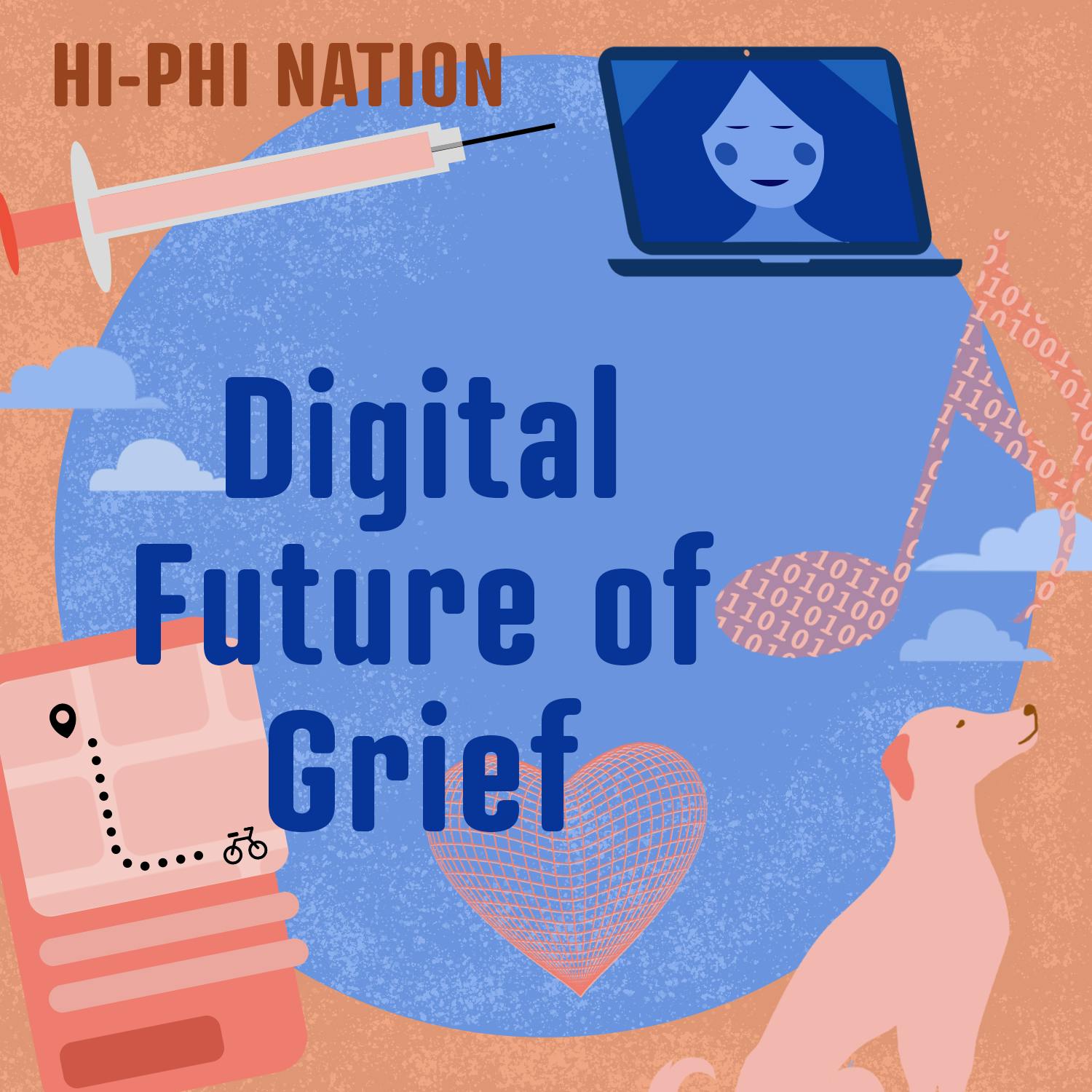
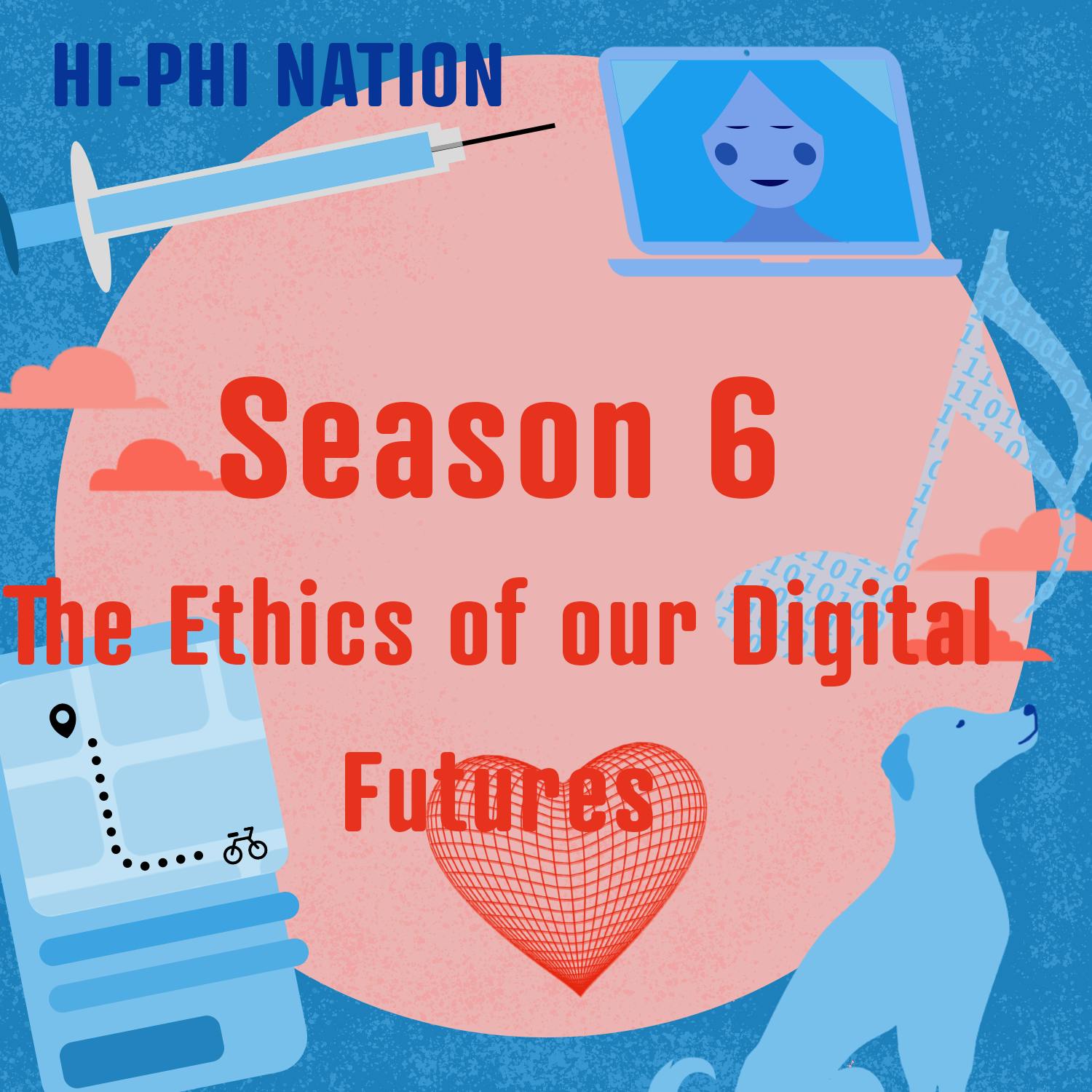

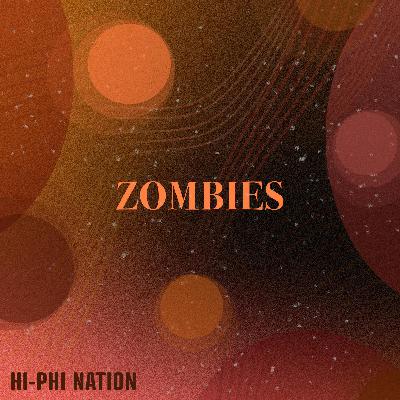



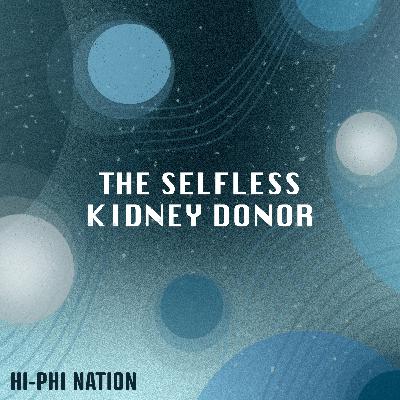
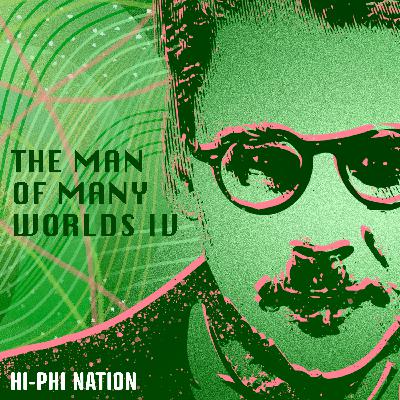
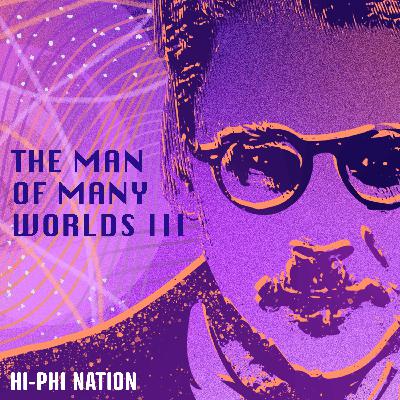
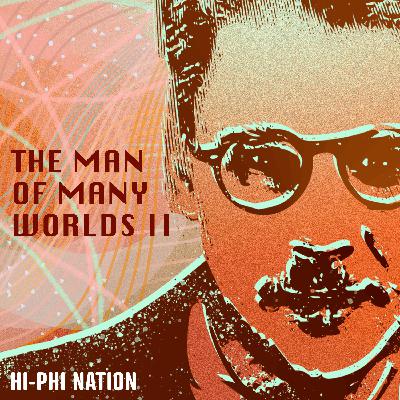
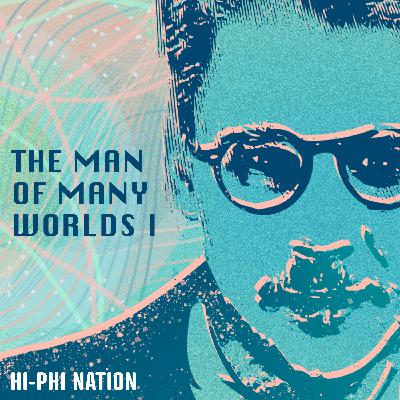
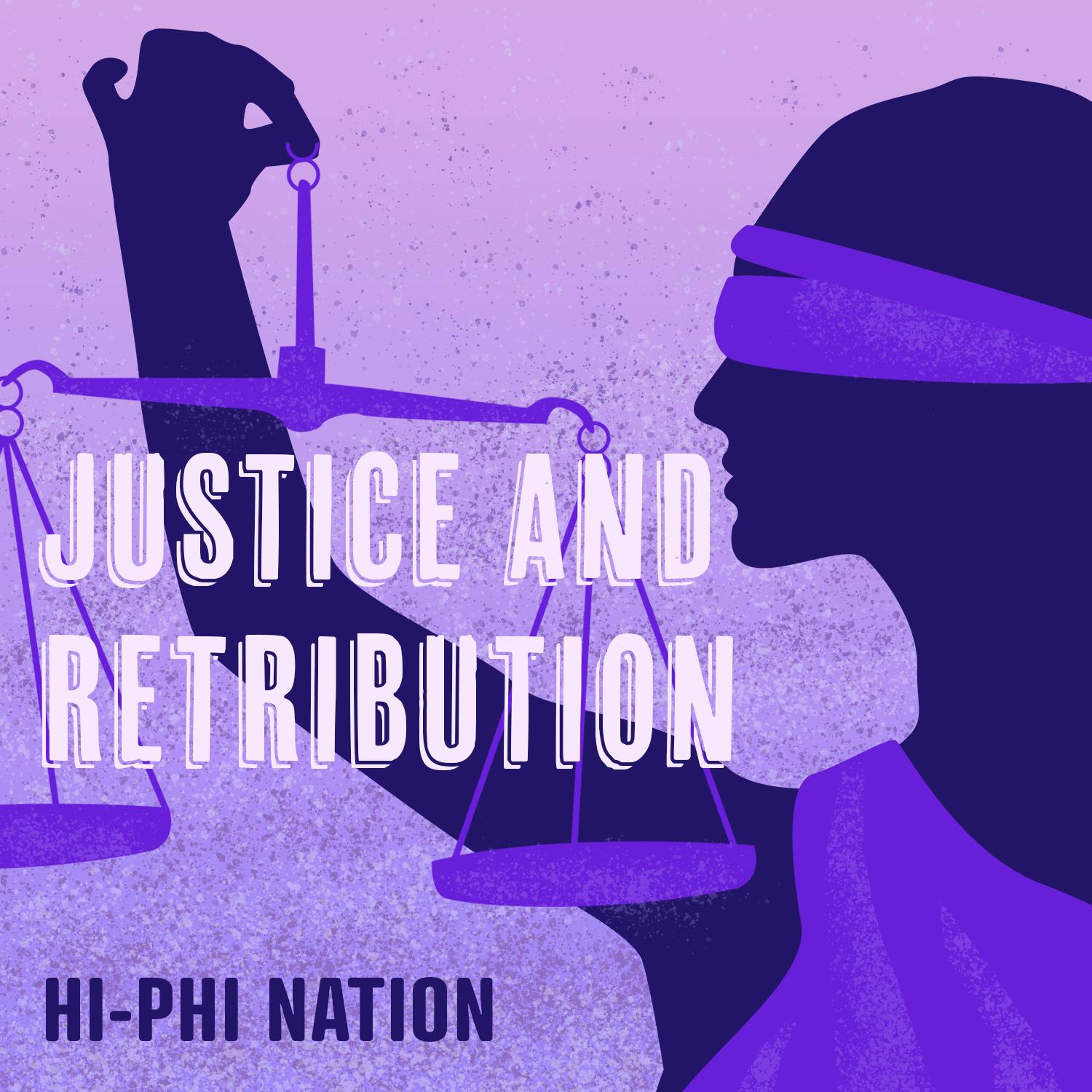



interesting information on echo chambers
this one was hard to wrap my brain around
Forks is a real town in Washington, not Oregon
There was definitely a mashup that was popular before the second coming of this song. Baby I Love Your Way/Freebird by Will to Power.
the sibilance is just unbearable if wearing headphones! please fix the equalization
love your work but the music was very distracting in this episode
This is reliably both entertaining and thought-provoking
very good episode
Great podcast, full of interesting stuff presented in an accessible way.
fantastic episode!